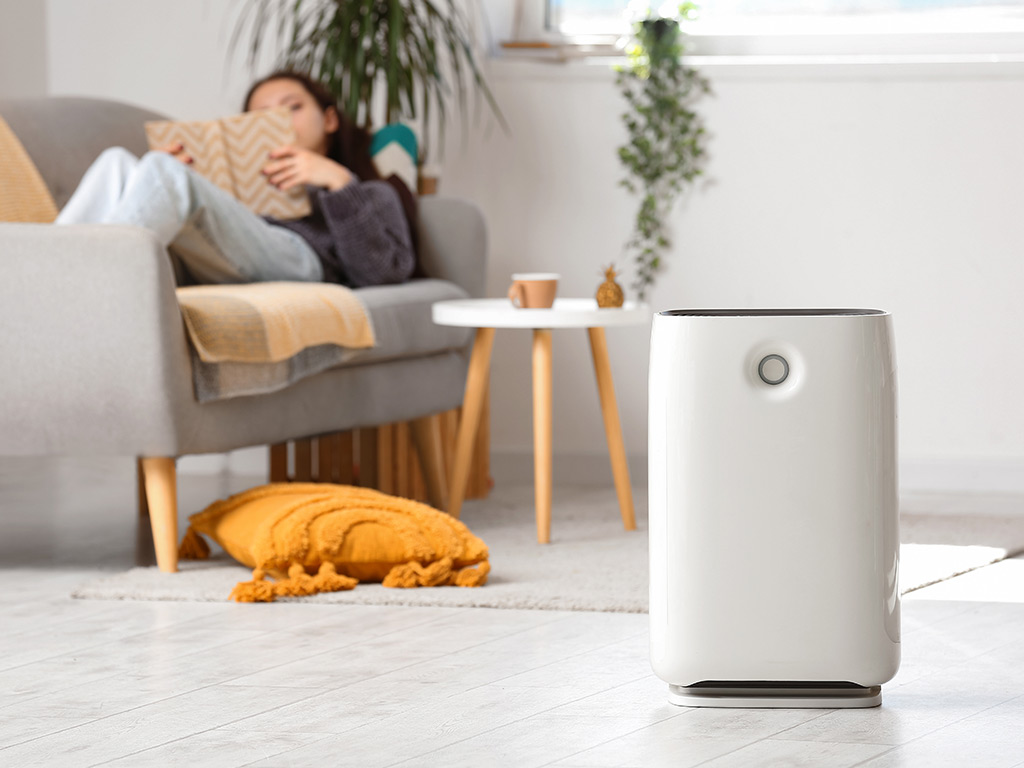Have your appointment scheduled, but you’re not sure what to say? These tips can help you get the most out of your provider visits.
- Before your appointment, make sure to write down symptoms you’ve experienced, along with where and when those symptoms occurred. This can help your provider narrow down the possible culprits and help you manage your symptoms better.
- When you go to your appointment, make sure to bring all of your medications with you, or make a list of medications you’re taking. Don’t forget to include medications which are for conditions other than COPD, as they may impact your symptoms, or interact with your COPD medications in ways your provider needs to know about.
- Think about questions your provider might ask you – like if you’ve had any colds lately which have taken a long time to get over, what irritants or triggers you experience, or any family history of severe allergy or respiratory symptoms. Taking a second to write those answers down before your visit can help you be prepared when the moment comes.
- Make sure to think of questions you might want to ask your provider. These could be questions about possible side-effects of medications, or whether or not you need any additional testing.
Come prepared with your personal health goals. Share your lifestyle goals with your provider, and discuss how they can support your objectives. If you need more help getting ready for your next appointment, this tool has you covered: Getting Ready for Your Next Office Visit.
And remember:
It's always important to take your COPD medications exactly as prescribed by your healthcare provider. This helps ensure that you keep your COPD well-managed. In the event that you do experience a severe issue that requires a visit to urgent care, the emergency room, or a hospital stay, make sure to follow up with your primary care provider afterward. They can help you adjust your treatment plan, address any concerns, and work with you to prevent future emergencies. Staying on top of your medication regimen and maintaining regular communication with your healthcare team are key steps in keeping your COPD under control.
Looking for a provider that can help manage your COPD? Visit selecthealth.org/find-care. Select Health members call also our Member Advocates team at 800-515-2220 (TTY: 711).
The content included in these blogs is for your information and is not a substitute for professional medical advice. It should not be used to diagnose or treat a health problem or disease. Please consult your doctor if you have any questions or concerns.
Related Articles



